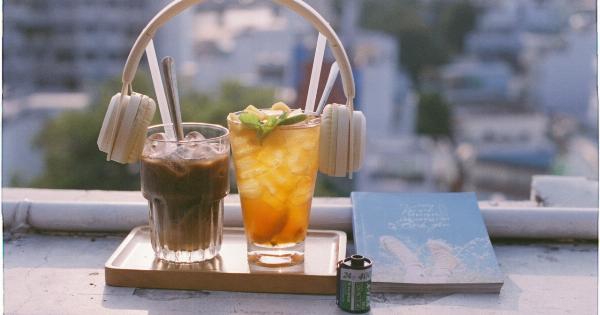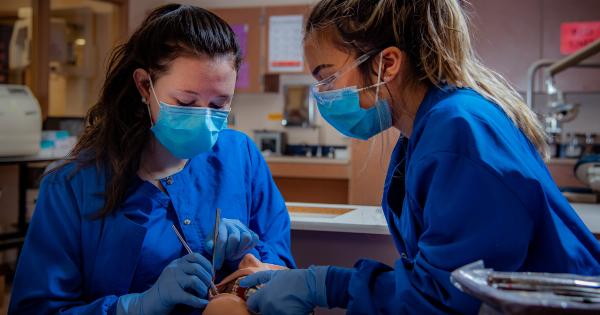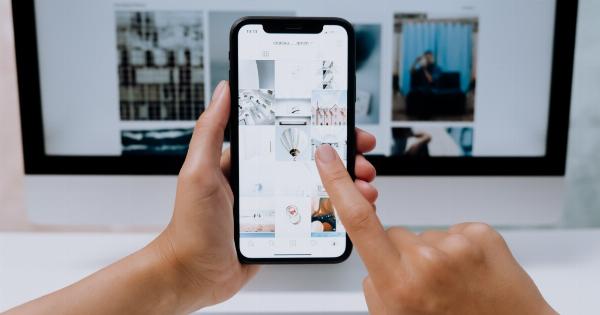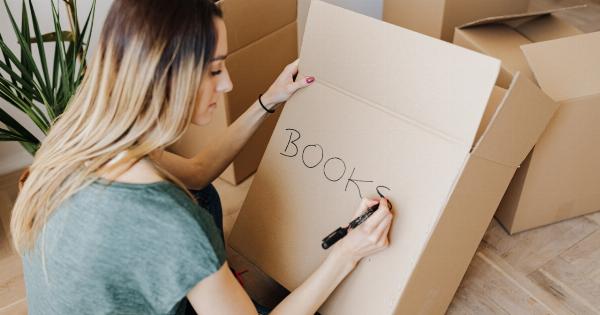Teenagers today are constantly exposed to high levels of noise, whether it be through personal music devices, concerts, or even everyday activities.
Unfortunately, many of them are unaware of the potentially harmful effects that loud noise can have on their ears. This article will explore the ways in which loud noise can impact teenagers and why it is important for them to protect their hearing.
The Dangers of Noise-Induced Hearing Loss
Noise-induced hearing loss (NIHL) is the most common form of hearing damage and is entirely preventable.
It occurs when the delicate structures of the inner ear are exposed to excessively loud sounds, causing irreparable damage to the hair cells responsible for transmitting sound signals to the brain. Teenagers, in particular, are at a higher risk of developing NIHL due to their frequent exposure to loud noise.
Understanding Decibels: How Loud is Too Loud?
In order to understand the potential harm caused by noise exposure, it is essential to comprehend the concept of decibels (dB). Decibels measure the intensity of sound, with higher numbers indicating louder and more damaging noise.
Exposure to sounds above 85 dB for prolonged periods can lead to hearing damage. To put things into perspective, a normal conversation typically registers at around 60 dB, while a rock concert or MP3 player at maximum volume can reach well over 100 dB.
The Impact of Personal Music Devices
Personal music devices, such as smartphones and MP3 players, have become a ubiquitous accessory for teenagers. These devices allow them to carry their favorite tunes with them wherever they go, but they also expose them to the risk of hearing damage.
Many teenagers listen to music at high volumes for extended durations, a dangerous habit that can lead to NIHL. It is crucial for teenagers to understand the importance of regulating their headphone volume and taking regular listening breaks.
The Deceptive Nature of Concerts
Concerts and music festivals are exciting events that allow teenagers to immerse themselves in the euphoria of live music. However, the intense sound levels produced by live performances can have a lasting impact on their hearing.
The combination of loud music, screaming fans, and the close proximity to powerful amplifiers can cause considerable damage to their ears. It is essential for teenagers to wear earplugs or protective earphones when attending these events to reduce the risk of NIHL.
Everyday Activities: Unanticipated Harm
Loud noise doesn’t only come from music-related sources; it can also be found in various everyday activities.
Teenagers who regularly engage in activities such as shooting firearms, riding motorcycles, or even playing video games with high volume levels are at risk of developing hearing damage. It is crucial for teenagers to recognize these potential dangers and take appropriate measures to protect their ears. Wearing hearing protection such as earplugs or earmuffs can help reduce the risk of noise-induced harm.
The Importance of Education and Awareness
One of the most significant steps in preventing NIHL is through education and awareness. Teenagers often lack the knowledge and understanding of how noise can affect their hearing.
By incorporating hearing health education programs in schools, parents and educators can equip teenagers with the necessary information to make informed decisions about their hearing health. Furthermore, promoting safe listening habits through public awareness campaigns can encourage teenagers to take proactive steps in protecting their ears.
The Long-Term Consequences of Neglect
If teenagers continue to neglect their hearing health, the consequences can be severe and long-lasting. Noise-induced hearing loss is permanent and irreversible.
It can lead to difficulties in communication, decreased academic performance, social isolation, and even mental health issues such as depression and anxiety. By taking action to protect their ears now, teenagers can safeguard their hearing and maintain an optimal quality of life.
Tips for Protecting Teenagers’ Ears
Here are some practical tips that teenagers can follow to protect their ears:.
- Lower the volume on personal music devices and take regular breaks.
- Use noise-cancelling or over-ear headphones instead of earbuds.
- Wear earplugs or protective earphones at concerts or music festivals.
- Limit exposure to other loud activities, such as shooting firearms or riding motorcycles.
- Get regular hearing check-ups to monitor any changes in hearing ability.
Conclusion
Teenagers need to be aware of the potential dangers of loud noise on their hearing health. The prevalence of personal music devices, concerts, and everyday activities puts them at a higher risk of developing noise-induced hearing loss.
By understanding the risks and taking necessary precautions, teenagers can protect their hearing and ensure a lifetime of good auditory health.



























